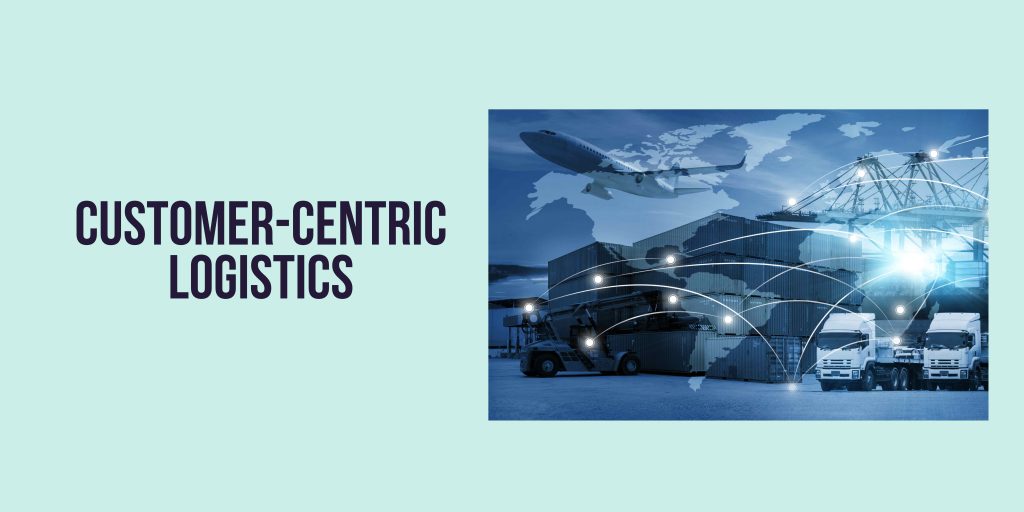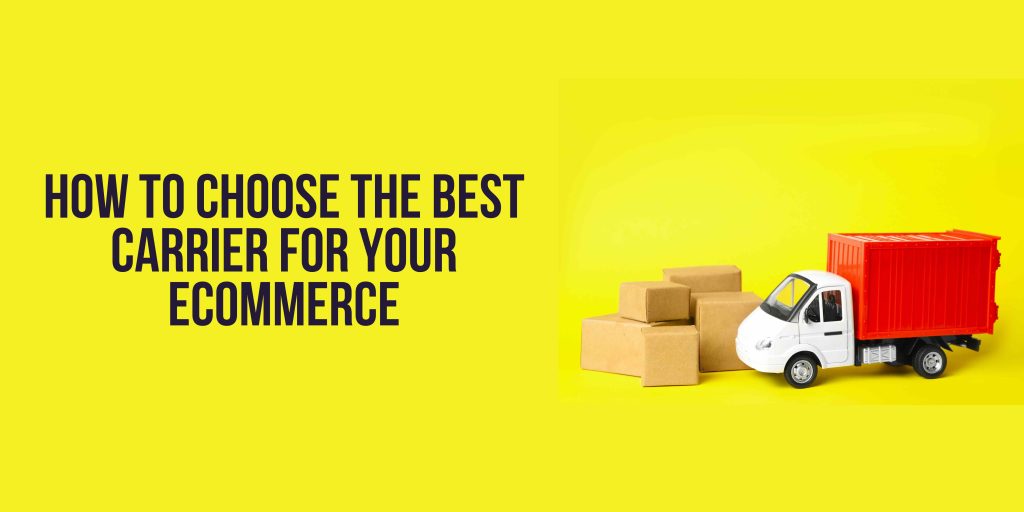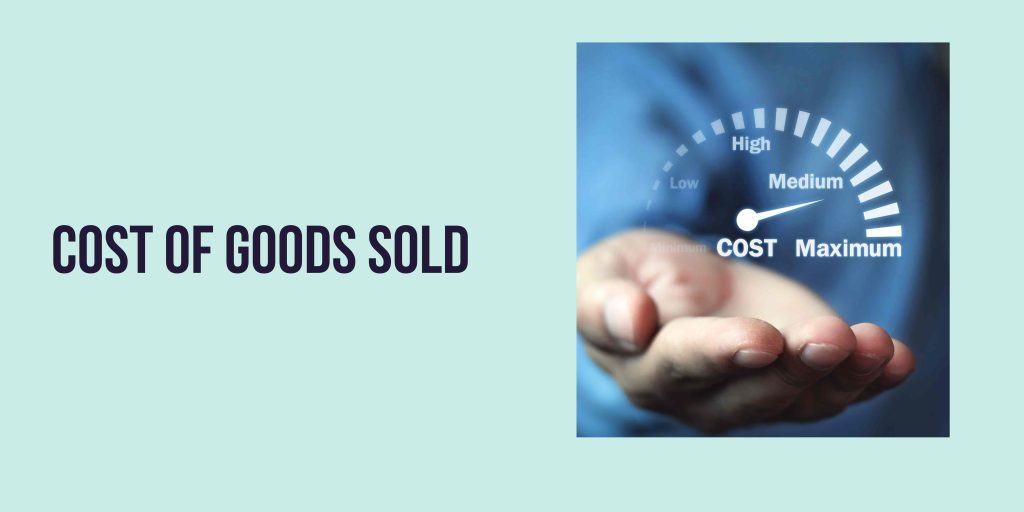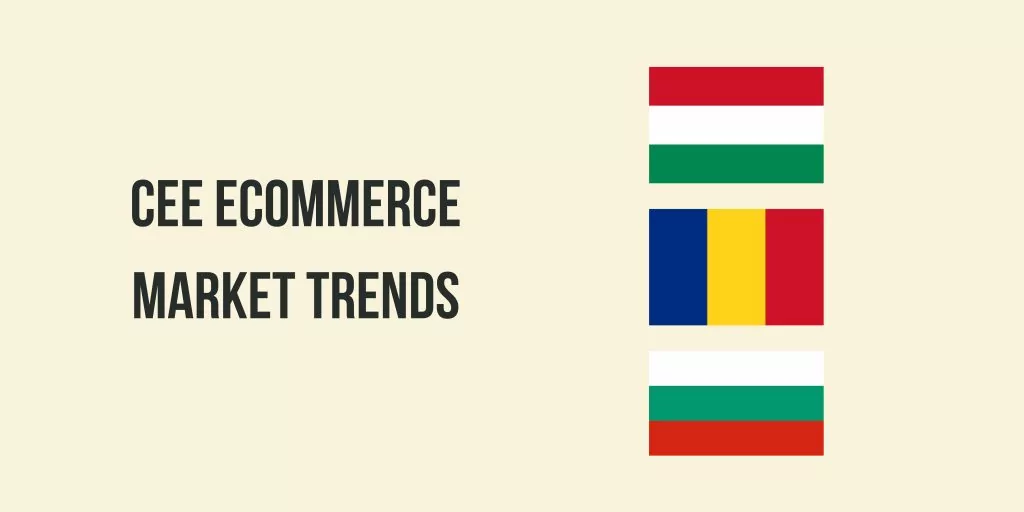Incoterms 2020 Guide: DAP – Delivered at Place

The International Chamber of Commerce (ICC) has established Incoterms, or international commercial terms, to make global trade simpler. These universally acknowledged guidelines define the responsibilities of both buyers and sellers in international trade contracts and business deals. While some of these terms are applicable to all transport modes, others are exclusively for waterway shipments. […]
Customer centric logistics: the importance of flexible and personalised deliveries

Fueled by technological advancements, the one-size-fits-all paradigm is no longer applicable in the ecommerce logistics landscape. In fact, modern businesses aim to create a customer-centric logistics model, where customer preferences are at the heart of all operations and decisions. This entails offering delivery and returns services that are flexible and personalised, in order to satisfy […]
How a 3PL can help you satisfy digital consumer expectations

Consumers, today, are constantly online. This means that retail becomes a 24/7 business, as users can shop whenever they want and wherever they are. Embracing the constant digital presence of consumers undoubtedly unfolds a horizon of opportunities but doesn’t mean there aren’t challenges too. In particular, people have grown accustomed to obtaining information or services […]
How to choose the best carrier for your online sales

The right carrier partnerships are a decisive factor in the e-commerce landscape, because they determine the satisfaction of your customers, boost operational efficiency and can affect the reputation of your brand – consequently your sales too! So, how to choose the best carrier? Which elements should you consider when partnering with a carrier service? In […]
Importance of collaboration between suppliers and logistics

A synergic collaboration between suppliers and logistics is the pillar of modern companies, where information sharing is one of the driving forces that avoids almost all disruptions. In fact, unexpected changes in the market can arise on a daily basis in any industry. The main obstacle here is segmentation, namely when processes and departments are […]
Importance of the supply chain: key strategies for developing a successful and sustainable supply chain for your ecommerce business

A supply chain is the system that connects your business and suppliers, enabling you to produce and deliver goods to your customers. This system involves orchestrating various processes, from procuring raw materials and developing products to efficiently handling logistics. Accurately managing the supply chain means optimising inbound and outbound logistics processes, namely the key to […]
Why COGS is important for your business and how to calculate it

COGS, which stands for Cost of Goods Sold, is an important factor to consider to understand whether your business is making profits. It helps to gain an accurate understanding of your expenses and will help you in making more informed decisions when establishing the prices of your products. In this article, we’ll explore everything you […]
Tips to improve your ecommerce conversion rate

Whether you have a small or large e-commerce business, the number one objective is ensuring that website visitors become customers. A high conversion rate is the best indicator that your e-commerce store is successfully engaging with its visitors. Therefore, focusing on improving your ecommerce conversion rate is essential to drive long-term growth. What does conversion […]
The importance of focusing on customer LTV this Black Friday

Major sale events, like Black Friday, require you to be well-prepared in advance in order to make the most of these opportunities. Adopting the right strategies will ensure you grow your business on solid foundations and pursue long-term success. True magic lies in making customers stick around and not just pop in for a one-time […]
Hungary, Romania, Bulgaria ecommerce market trends 2023

Online shoppers in these CEE countries tend to make purchases from foreign online stores. Hungarians (77%) are the most active in this sense, followed by Bulgarians (71%) and Romanians (67%). Considering that the EU average for shopping from foreign websites is 57%, these percentages are quite high. The primary reason for this is that consumers […]